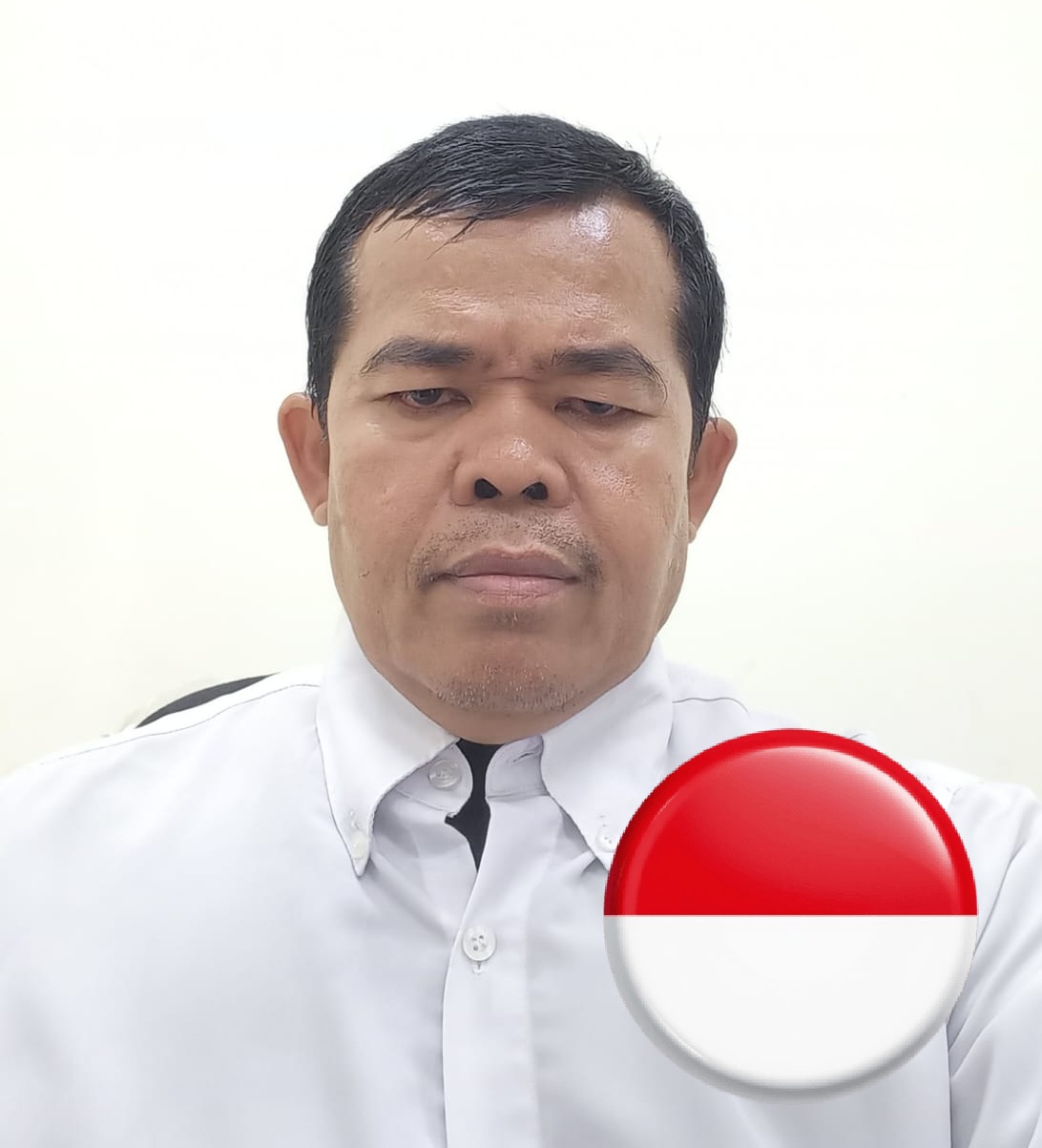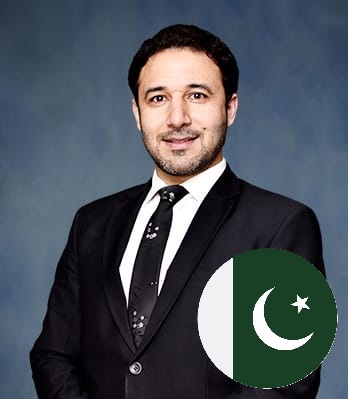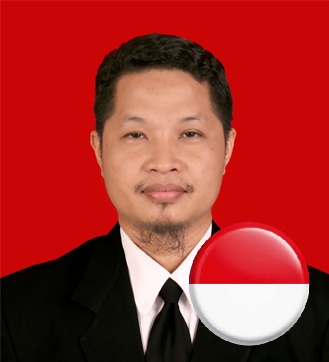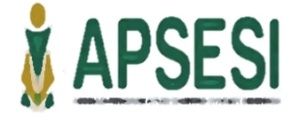The name Tasharruf: Journal Economics and Business of Islam is deeply rooted in the classical lexicon of Islamic economic thought. “Tasharruf” (تصرّف) encompasses the broad and meaningful concept of ethical stewardship, prudent management, and responsible action over one’s wealth, resources, and commercial dealings as emphasized across the Qur’an and Hadith. By anchoring its title in this distinctive term, the journal signifies an unwavering commitment to economic discourse that is not only technically robust but also ethically guided, mirroring the Islamic juristic imperative that all transactions serve the public interest (maslahah) and fulfill the higher objectives of Sharia (maqasid al-shariah).
Expanding this vision, Tasharruf is designed to advance scholarly inquiry across the multifaceted domains of Islamic economics and business. Its editorial direction aligns with the dynamic sectors emerging within the contemporary halal economy ranging from Islamic finance, halal entrepreneurship, and sustainable business, to social impact investment and governance while firmly grounding every discussion in the foundational values of accountability, justice, and benevolence enshrined in Islamic tradition. By serving as a peer-reviewed platform, the journal seeks to illuminate global and local trends, inform policymaking, and drive the evolution of best practices for inclusive growth at the intersection of economics, ethics, and society.
Distinct from more generic titles in the field, the name Tasharruf is novel and singular as it is neither liable to misinterpretation nor likely to be confused with existing journals at the national or international level. Its nomenclature communicates a clear, integrated focus transcending oversimplified subject labels ("Islamic finance," "Shariah economics") by foregrounding a tradition-specific ethos of stewardship and responsibility. Adhering strictly to the Principles of Transparency and Best Practice in Scholarly Publishing, Tasharruf ensures clarity of mission and integrity of scholarship, presenting itself as a transparent, accessible, and authoritative voice in the advancement of transformative economic thought and business practice according to Islam.












1.png)










